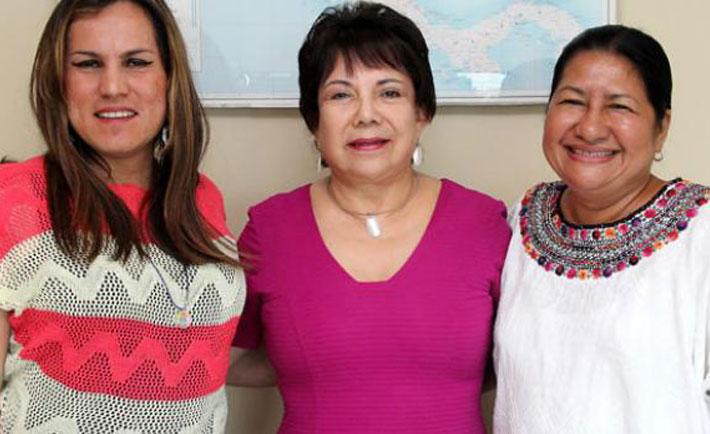Guatemalan citizens headed to the polls in September and October to elect a new president, vice president, congress and other state and municipal leaders. The general elections took place against a backdrop of high-level criminal cases and civic protests against corruption. Starting in late April, a series of corruption investigations surfaced that shook the political landscape, sparking large and continuous public protests and forcing the resignations of many cabinet members and high-level officials, including President Otto Perez Molina and Vice President Roxana Baldetti. Despite a climate of political uncertainty and concerns over potential eruptions of violence, Guatemalans cast ballots in an overall transparent, smooth and peaceful electoral process.
With funding from the United States Agency for International Development (USAID), the Consortium for Elections and Political Process Strengthening (CEPPS) is implementing the program “Elections: More Inclusion, Less Violence” to monitor and mitigate electoral violence and illicit financing of electoral campaigns, support the Supreme Electoral Tribunal’s administration of the elections, strengthen traditionally marginalized civil society groups and increase social inclusion in the electoral process.
After the first round of elections in September, CEPPS members, including the International Foundation for Electoral Systems (IFES), International Republican Institute (IRI) and National Democratic Institute (NDI), met with their Guatemalan partners to gauge their impressions of how the electoral process took place and discuss the political environment in the country.
Each CEPPS partner invited one of their local partners to discuss a range of topics, including the political crisis, election results, the administration of the elections, civic political participation and the importance of making the electoral process more inclusive and representative of all members of Guatemalan society.
Participants included:
-
Maria Eugenia Mijangos, Magistrate of the TSE responsible for administering the elections;
-
Pilly Salazar, a transgender woman journalist who participated in IRI’s training program for responsible journalism; and
-
Eugenia Juárez Xol, who participated in NDI’s long-term observation of electoral violence illicit campaign finance in El Estor.
Listen to the recording here.

